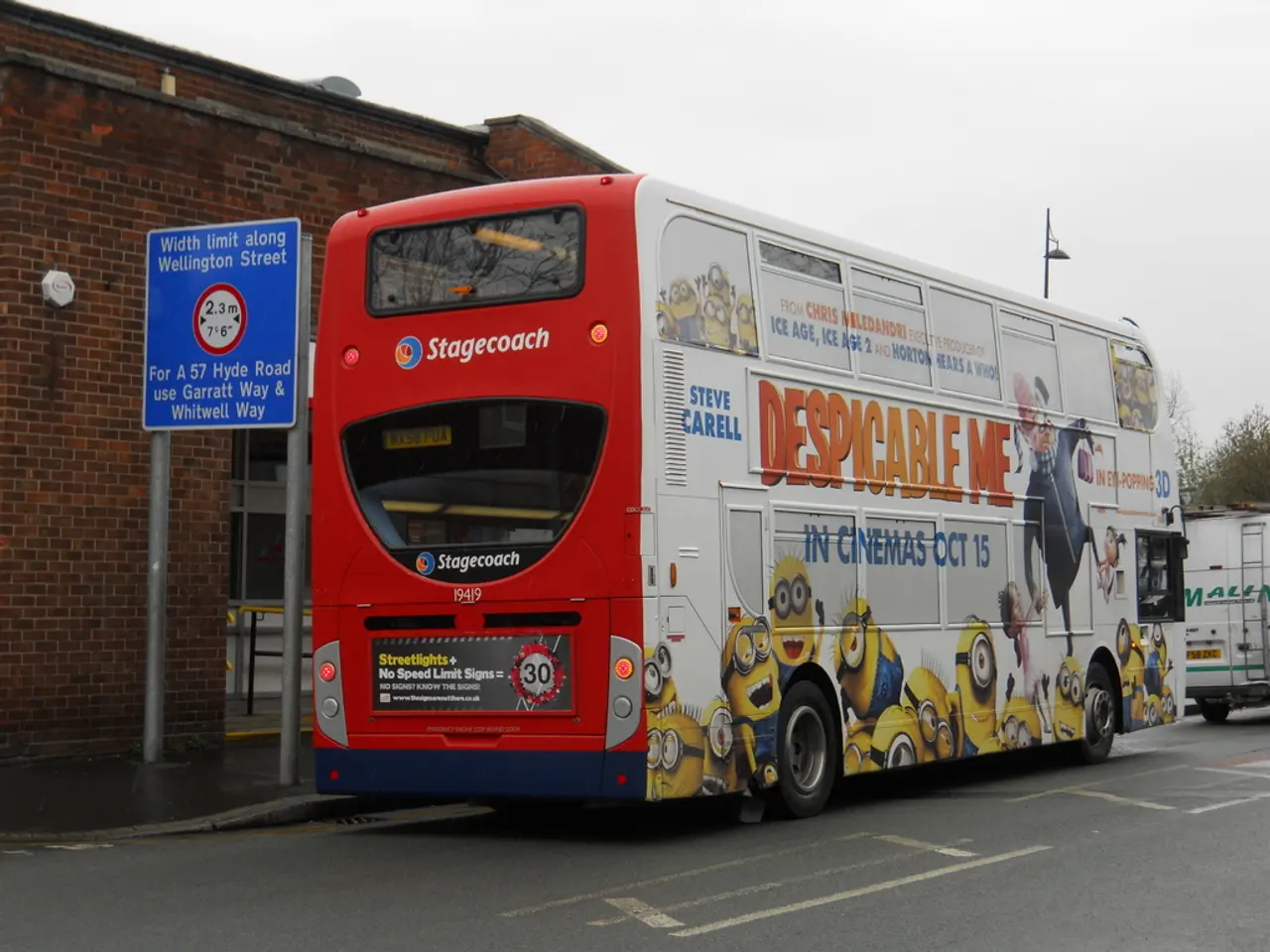List of Off-Limits Parking Spots for Drivers Holding Blue Badges
The Blue Badge scheme, designed to help individuals with mobility issues, has been a vital support system for disabled drivers and their families in England, Scotland, and Wales. The scheme, which provides motorists with the right to park for free in some places where others cannot, has been instrumental in making everyday journeys easier for those who struggle to walk or live with long-term health conditions.
Local authorities (councils) in the three countries are responsible for issuing Blue Badges. This includes various city, borough, and county councils across England, Scotland, and Wales. These councils can also report applicants who misuse the scheme.
Blue Badge holders are not allowed to park in certain zones such as motorists zones, school zones, or in front of fire hydrants. They are also prohibited from parking on pedestrian crossings, zigzag lines, or near kerbs with one or two yellow markings. Clearways, bus stop clearways, and urban clearways are also off-limits during operating hours. Loading bays, spaces reserved for residents or taxis, and suspended meter bays are also off-limits.
Blue Badge holders can park in disabled bays, avoid charges in pay-and-display bays, and often stay longer than other motorists. However, it's important to note that Blue Badges do not apply in temporary restrictions such as roadworks or cones, bus, tram, and cycle lanes.
Those who do not automatically qualify for the Blue Badge scheme may need to undergo a mobility assessment and meet with a healthcare professional. People with walking difficulties, hidden illnesses, or specific disabilities could be eligible. Those who receive higher mobility benefits such as Personal Independence Payment (PIP), Disability Living Allowance (DLA), Adult Disability Payment (ADP), or Child Disability Payment (CDP) often qualify automatically.
The cost of a Blue Badge varies across the countries. In England, it costs up to £10, while in Scotland, it costs £20. In Wales, the badge is free. Once processed, the badge usually arrives within 10 working days, although it can take around 12 weeks during peak periods.
A new proposal could extend the Blue Badge scheme to include those with temporary health issues. An MP has recently pushed for a new Blue Badge scheme to cover temporary health challenges. This could potentially open up the scheme to a wider range of individuals who need support during their recovery.
Individuals with a mental condition that makes them unaware of the danger of traffic are advised to contact their local council's Blue Badge team for a paper application form instead of applying online.
The Blue Badge scheme has been a significant help for many individuals, and its potential expansion could provide even more support for those in need. As always, it's important to follow the rules and guidelines to ensure fair and equal access for all.
Read also:
- Nightly sweat episodes linked to GERD: Crucial insights explained
- Antitussives: List of Examples, Functions, Adverse Reactions, and Additional Details
- Asthma Diagnosis: Exploring FeNO Tests and Related Treatments
- Unfortunate Financial Disarray for a Family from California After an Expensive Emergency Room Visit with Their Burned Infant








